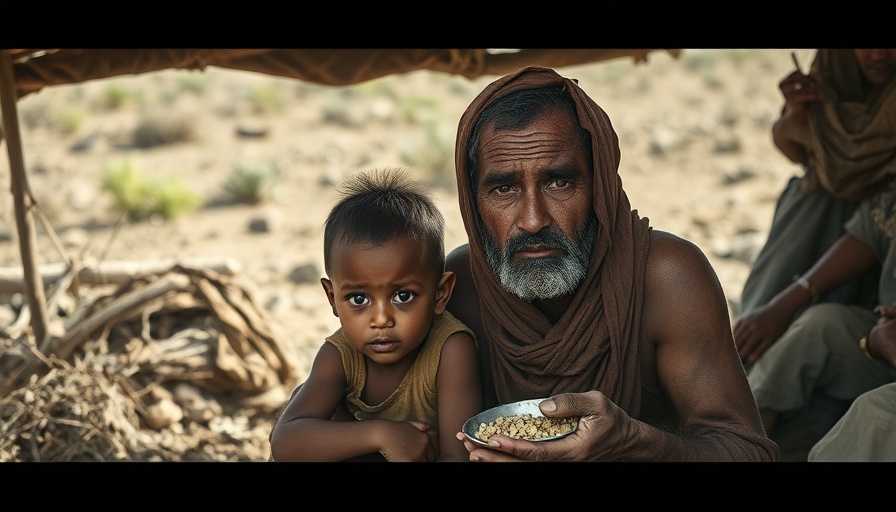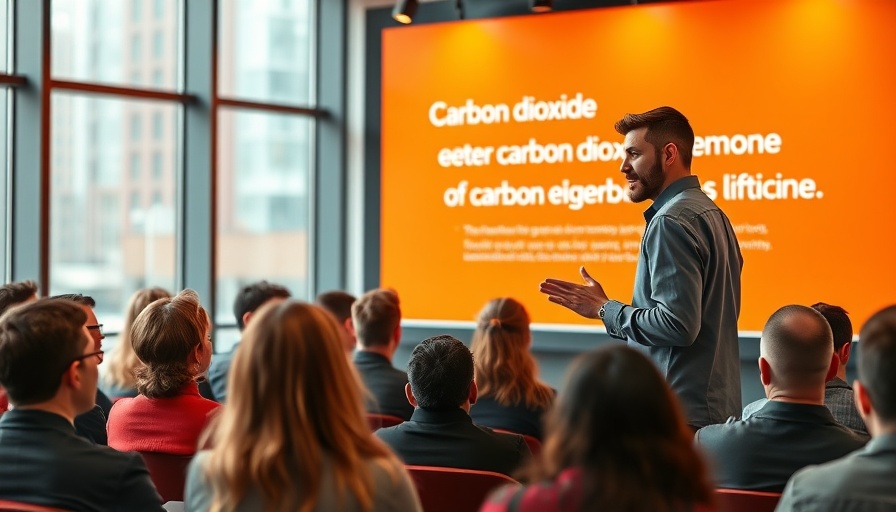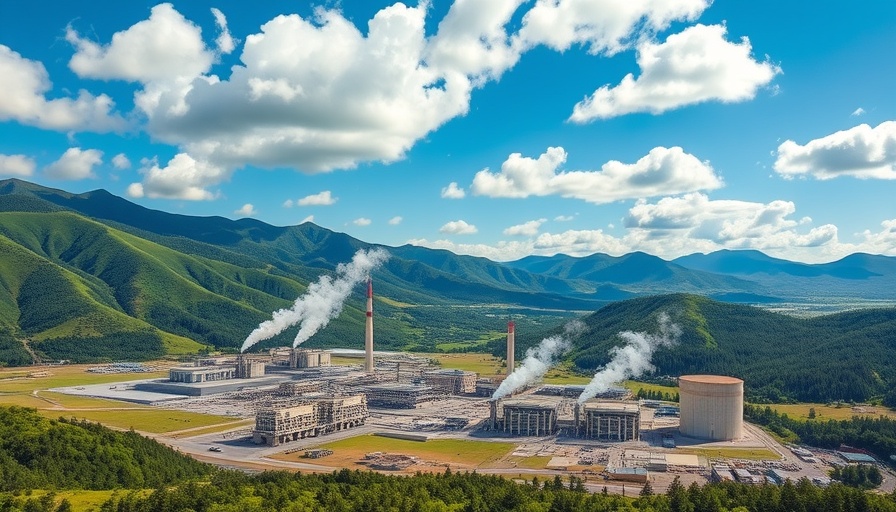
The Looming Threat: Amazon Forest Dieback and Climate Change
The Amazon rainforest, often dubbed the "lungs of the Earth," is facing a perilous situation as new research highlights the daunting risks of forest dieback triggered by even temporary overshooting of the 1.5°C global warming limit. A recent study published in Nature Climate Change provides alarming insights into how such an increase in temperature could irrevocably alter one of the world's most vital ecosystems, possibly transforming its lush landscapes into dry savannahs.
Understanding the Impact of Temperature Overshoot
The findings indicate that if global temperatures exceed the 1.5°C mark above pre-industrial levels, 37% of climate model simulations forecast some level of Amazon dieback by 2100. This percentage swells to a staggering 55% by the year 2300. The research suggests that overshooting this critical threshold not only jeopardizes the Amazon but also heightens the risks for other forest ecosystems globally. This is particularly concerning as the world grapples with the implications of the Paris Agreement aimed at limiting global warming.
Climate Sensitivity and Tipping Points
The concept of climate sensitivity—a measure of how responsive the planet's temperature is to increases in atmospheric CO2—is pivotal to understanding the current crisis. Different mitigation pathways analyzed in the study, including renewable energy dominance and negative emissions strategies, reveal a complex relationship with climate outcomes. Each pathway presents unique risks, notably the potential for crossing "tipping points" that could push ecosystems into irrevocable decline.
The Road Forward: Mitigation Pathways
Researchers have explored various mitigation scenarios drawn from the Intergovernmental Panel on Climate Change (IPCC) reports, underscoring the importance of timely climate action. The “renewables” scenario emphasizes a future with lower emissions, successfully limiting heating to below the crucial threshold. In contrast, the “negative emissions” pathway, which relies heavily on carbon removal, illustrates the perils of initially overshooting that threshold.
Broader Implications for Biodiversity and Ecosystems
The implications of forest dieback extend beyond the immediate loss of trees; they cascade into biodiversity losses and extensive ecological shifts. The Amazon houses approximately 10% of all known species on Earth, and any degradation within this habitat would have reverberating effects on global biodiversity. The cascading consequences include disruptions in water cycles, carbon storage ability, and indigenous communities reliant on these forests for their livelihoods.
Emphasizing Action: Why Every Degree Matters
Complacency is perilous. As highlighted by lead author Gregory Munday, the longer we exceed the 1.5°C threshold, the greater our ecosystems' vulnerability. This research serves as a clarion call for urgent climate action—unwavering commitment is essential to mitigate the risk of catastrophic biodiversity loss. The collective effort of policymakers, businesses, and individuals is vital in fostering sustainable development initiatives that prioritize environmental conservation.
Conscious Living: Choices Today for a Sustainable Tomorrow
For eco-conscious readers, this study underscores the importance of making informed choices. Adopting a sustainable lifestyle—supported by eco-friendly products, renewable energy use, and ethical consumerism—can significantly reduce our collective carbon footprint. Engaging in sustainable agricultural practices, supporting green initiatives, and investing in eco-friendly transportation not only protect cherished ecosystems like the Amazon but foster a healthier planet for future generations.
Get Involved: Taking Action on Climate Change
Taking action can involve community initiatives, advocacy for stronger environmental policies, and simply choosing sustainable options in everyday life. Whether it’s reducing waste through upcycling or participating in local conservation efforts, every small action adds up. By contributing to a circular economy that values sustainability over consumerism, we can help mitigate the adverse effects of climate change and preserve invaluable ecosystems like the Amazon.
 Add Row
Add Row  Add
Add 



Write A Comment